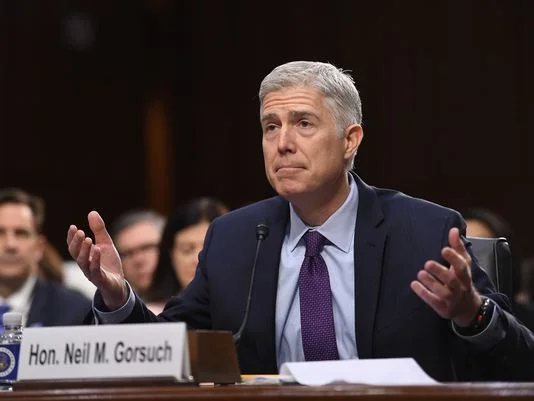Partisan Failures to Address Federal Debt By Luke Perry
Debt and deficit have become a major topic since the federal government reached a new spending agreement. The issue has become highly politicized in this era of hyper-partisanship. There are solutions, but little will among citizens or elected officials to seriously pursue them.
Debt and deficit are often grouped together, but they’re not the same. Deficit is the amount of money the federal government spends each year beyond what it takes in from tax revenues. This borrowing is paid back over time with interest. Debt is the total amount of money the federal government owes. This distinction is important because annual deficits fell from 2011 to 2015, but debt was still growing, because we were still spending more money than we had.
Many tend to believe deficits are inherently bad, but national governments often run deficits. Their purpose is to provide order, security, and promote the well-being of citizens. These services cost money, and governments are not corporations, whose primary goal is profit.
This doesn’t mean that deficits are necessarily good. Citizens and elected officials should regularly consider the disadvantages of deficit spending (interest payments, passing debt to future generations), deficit trends (rising or falling over time) and how money is being allocated.
The new spending agreement resulted in a rise of projected deficits to over $1 trillion dollars next year. This exceeds the annual deficits of the Great Recession and unless things change, will substantially increase the debt.
Photo by Chip Somodevilla/Getty
How did this happen?
Republicans prioritize military spending, claiming it is necessary for national security and the well-being of military personnel. Democrats prioritize domestic spending, such as Social Security and Medicare, claiming it is necessary to protect the most vulnerable in society.
Both are sincere in these convictions. All three items are important, popular, and constitute most of our federal spending. From here the politics gets ugly.
Both parties criticize deficit spending when they are out of power, then deficit spend when in power. Democrats criticized the Bush administration for deficit spending until President Obama was elected. Republicans criticized the Obama administration for deficit spending until President Trump was elected.
Citizens may claim to care, but just 4 percent of Americans recently identified the budget as the top national problem in Gallup polling. And most Americans oppose reducing spending on federal programs and services. Only cuts to foreign aid, less than 1 percent of the budget, are widely supported.
We had a budget surplus during the 1990’s and can do so again, though it won’t be easy. A good first step would be for partisans to stop deflecting blame by criticizing each other for irresponsible spending. This distracts from the real challenge of building widespread consensus on how best to raise revenue and allocate resources in ways that helps reduce our debt.
Luke Perry (@PolSciLukePerry) is Chair and Professor of Government at Utica College.






